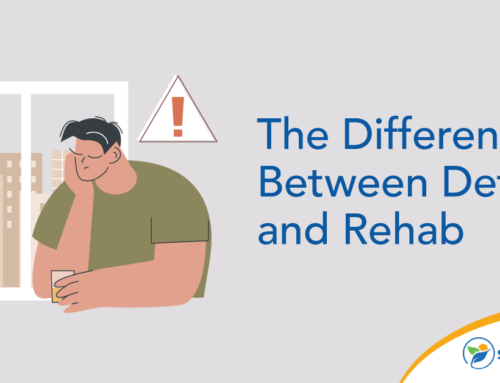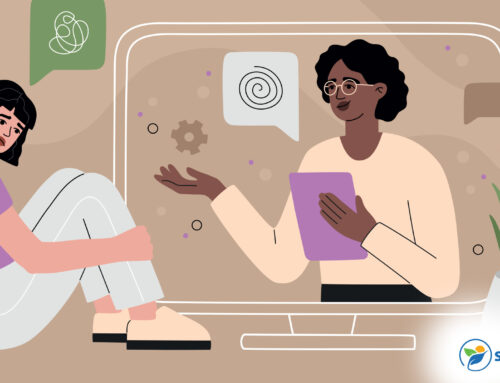Medical detox safely clears substances from your system so you can begin treatment and addiction recovery. Medication is used to manage your withdrawal symptoms, minimize discomfort and reduce your risk for potential medical issues, such as seizures. It also allows your body to physically begin to heal from the damage substances do to your organs. While you may be interested in knowing about foods that cleanse the liver and kidneys, the effect of these foods is negated by continued substance abuse. The first step in cleansing your organs from toxins is to stop ingesting them.
How Abused Substances Affect Your Liver and Kidneys
We ingest dangerous chemicals every day in the air we breathe and the food we eat. Our body is equipped with a natural filtration system to remove those toxins so they don’t hurt us. If you’re wondering what organ detoxifies the blood, it’s primarily the liver, which works with the kidneys. The liver removes substances from your blood and breaks them down into less harmful chemicals, while the kidneys flush those out in urine.
Your body recognizes any substance you abuse as a toxin. It works in overdrive to remove it from your system every time you ingest it. The problem with drugs and alcohol is that they can actually damage the liver and kidneys during this filtration process. Various substances can cause different types of damage, depending on what they are.
The liver can suffer in the following ways from drug and alcohol abuse:
- Cirrhosis
- Drug-induced hepatitis
- Alcoholic hepatitis
Your liver works to break down harmful substances and has other important functions, such as fat, carbohydrate and protein metabolism, storing minerals, removing bacteria and eliminating excess bilirubin. If your liver stops functioning properly, this could eventually lead to death.
The kidneys can suffer the following injuries:
- Narrowing of kidney arteries
- Kidney lupus
- Kidney inflammation
- Analgesic nephropathy
- Chronic kidney failure
- Rhabdomyolysis (breakdown of muscle tissue)
- Kidney lesions
- Renal tubular acidosis
- Renal infarction
- Plaque buildup in the kidney walls
When the kidneys are damaged, they can’t effectively do their job of filtering out toxins. This can cause electrolyte and fluid imbalances and lead to a buildup of substances that need to be flushed out, such as ammonia, in the blood. Excess ammonia can cause damage to other organs, especially your brain.
How the Liver and Kidneys Are Involved in Detoxification
A liver and kidney detox starts when you stop ingesting drugs and alcohol. Even then, your organs still have to filter out the substances that remain in your system. Once these are broken down into water-soluble chemicals and metabolics, they also need to be flushed out of your system. Some byproducts, such as ammonia or protein, can build up in the blood and need extra time to be removed. A severely damaged liver or kidneys will take even longer to remove the remaining toxins.
While the liver and kidneys are the primary organs involved in detoxification, other organs are involved as well. The heart pumps the blood, which circulates through the entire system. The lungs, colon, skin and lymphatic system are also involved in detoxification to some degree. Your entire system works together to remove toxins and dangerous substances from your blood and organs.
How Medical Detox Supports the Body’s Natural Cleansing Processes
When you stop taking drugs or drinking alcohol after a long period of use, you’ll likely experience withdrawal symptoms. These symptoms are often painful and are the primary reason drug and alcohol users continue to abuse their substance of choice. Medical detox uses medications to manage or alleviate many of these symptoms. While some symptoms are lessened, the process often causes nausea and loss of appetite. Detoxification from some substances can also cause diarrhea.
Proper nutrition during medical detox helps people who are suffering from diarrhea, nausea and loss of appetite. Many substance abusers are severely lacking in important nutrients because of a poor diet. The medical detox process includes a balanced diet designed to regulate fluids and electrolytes and replenish important nutrients, such as vitamins, minerals and protein. Nutritious meals can also help support the liver and kidneys and repair damage caused by abused substances.
Foods That Cleanse the Liver and Kidneys
Once you stop ingesting abused substances and start allowing your organs to heal, there are some specific liver and kidney cleanse foods believed to be helpful in repairing the damage substances have caused. Your liver and kidneys will benefit from antioxidants, protein, vitamins and minerals in general, but some foods that can help your liver recover from substance abuse include:
- Milk thistle
- Turmeric
- Garlic
- Olive oil
- Green tea
Many of the same foods that help the liver also help the kidneys, but the following are specifically found to be helpful for improving kidney function:
- Egg whites
- Red grapes
- Berries
Importance of Medical Supervision During Detox
Even though there are foods that cleanse the liver and kidneys, it’s important to understand that some damage is irreversible no matter how healthy you eat going forward. Also, while it may be tempting to try detoxification on your own, there are some specific reasons you shouldn’t.
Detoxification without medical supervision would be difficult and could potentially be fatal. For example, you run the risk of having seizures during detoxification from alcohol and other drugs. The nausea and loss of appetite can lead to severe dehydration and an electrolyte imbalance that could cause serious medical problems. You could also increase your risk of triggering a heart attack or stroke. Fortunately, you don’t have to do this alone. There’s help for you to get through this important first step in your recovery from drug or alcohol dependency.
Medical Detox at Sunlight Recovery
If you’re concerned about how substance abuse is affecting your health, the caring addiction specialists at Sunlight Recovery are here to help you take that first step. Medical detox gives you the ability to safely remove substances from your body while minimizing withdrawal symptoms. You can start today to remove substances from your system and allow your body to heal. Contact us to find out how medical detox can help you start on the road to sobriety and a healthier lifestyle.







